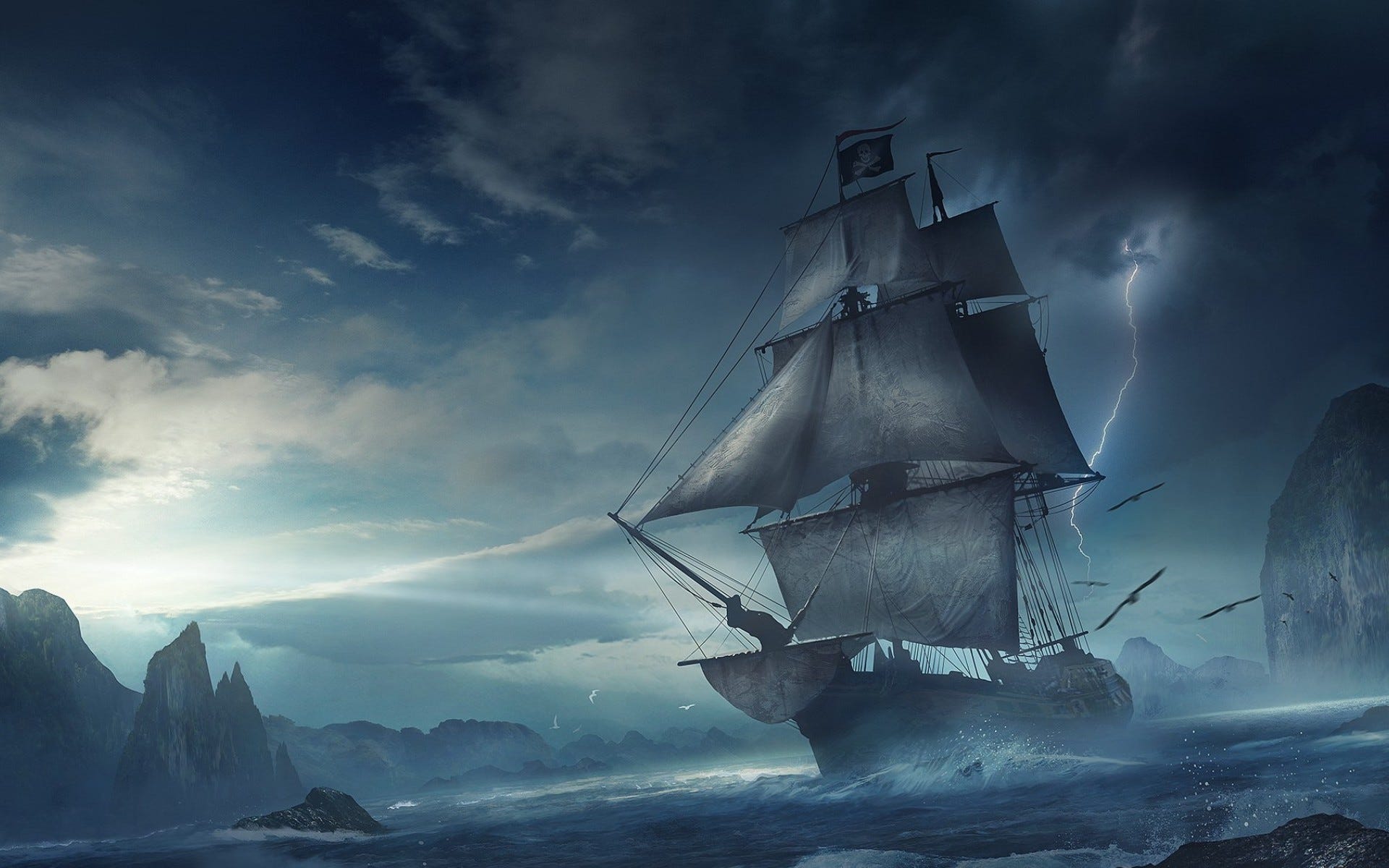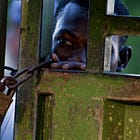It's a pirates' life for me
As PWS sails into year three, a bit about what we do and why: We will always go after power. Context matters; that's what we're best at. And finally, robots don't write shit here.
The PWS crew has been busy over the last few months. We launched the LATAM Daily Wires vertical, which provides snapshots on breaking and developing stories in the regions we cover. We’ve gotten back to producing the Pirate Wire Radio podcast in a bi-weekly format. And all the while, Daniela and Joshua have been scrambling to make deadlines for the professional freelance work we do best.
In the three years since PWS launched, we’ve gone through a lot of formats and permutations, as well as endured doldrums and tempests on the high seas alike. But thanks to you, we’re still sailing. Perhaps just as importantly, every day we get closer to our goal of becoming a real grassroots independent newsroom.
And as U.S. migration policy reverberates across all of the Americas, from Mexico to El Salvador, to Colombia and Venezuela, we’ve realized that two subjects that have always been our principal beats — migration and borders — are more internationally relevant than ever.
That’s why we’re planning a new weekly “ICE roundup” as part of the Dailies that breaks down exactly what U.S. Immigration and Customs enforcement (ICE) and the Department of Homeland Security (DHS) have done each week.
Do you know the best part of being our own captains on the stormy seas of indie journalism? We are beholden only to ourselves and our readers. PWS may have a lot of flaws. What ragtag pirate outfit doesn’t? But we’ve never feared speaking truth to power, regardless of who or what that power may be.
No se puede detener a los piratas. The Goodship Capybara sails on.
And as we undergo some format changes and expand our coverage, we thought it might be a good moment to explain some of our editorial guidelines to our readers.
As you have probably realized if you are a long-time reader, we don’t do political “teams.” Abuses of power, corruption, human rights violations, oppression and violence must be condemned. And we will do so, no matter the origin on the political spectrum those abuses come from. Be it Trump in the U.S., Maduro in Venezuela, or anyone else, we won’t turn a blind eye to immoral or illegal actions by power (which is no small feat with an eyepatch). If you read us long enough, we will eventually go after someone you are a “fan” of. That’s the game, friends. And it’s what journalism was always supposed to do.
It is a principal goal of PWS to bring you the context to big stories we’ve developed over more than a decade covering Latin America (and migration). In a world of click-harvesting and instant news cycles, this critical context is often overlooked by the big media companies producing coverage on the same beats we do. The context around a breaking story is critical in understanding “what, when, where, why and who” about the events that shape our world.
Computers will never write a word at PWS. This ship runs on pirate-power. We do not, and will not, ever use AI to generate content for the sake of having content. As you can no doubt tell from the occasional typos, PWS is a purely human endeavor. Until computers can do field interviews with migrants in the Darien, speak with women activists in Mexico searching for their lost children, spend time in conflict regions, or receive death threats for their work, we aren’t terribly interested in what they have to say. We aren’t judging other people who use those tools, but we do on-the-ground journalism. And PWS plans to keep it that way.
And so the voyage continues! Daniela is currently in Santa Marta, Colombia, on the northern coast, as always travelling for work — this time for Spanish newspaper El Pais. Joshua is gearing up for another trip to the Darien, this time to the Pacific coast of the region to investigate a new phenomenon of migrants returning to Colombia instead of heading north.
They recently published a joint piece at NACLA about indigenous resistance to Canadian oil projects in Putumayo, and completed a video documentary about the Nasa people who live there (to be released soon.)
We are deeply grateful to all of you who help us keep this ship afloat. You’re piratas, too. So thanks for sailing the high seas with us for all of these years.
We’ll always produce coverage that is above board while maintaining an even keel — even if sometimes the storms leave us a bit groggy.
Hasta pronto, piratas!
You can also donate a one-time gift via “Buy Me a Coffee”. It only takes a few moments, and you can do so here.
And if you can’t do any of that, please do help us by sharing the piece! We don’t have billionaire PR teams either.




